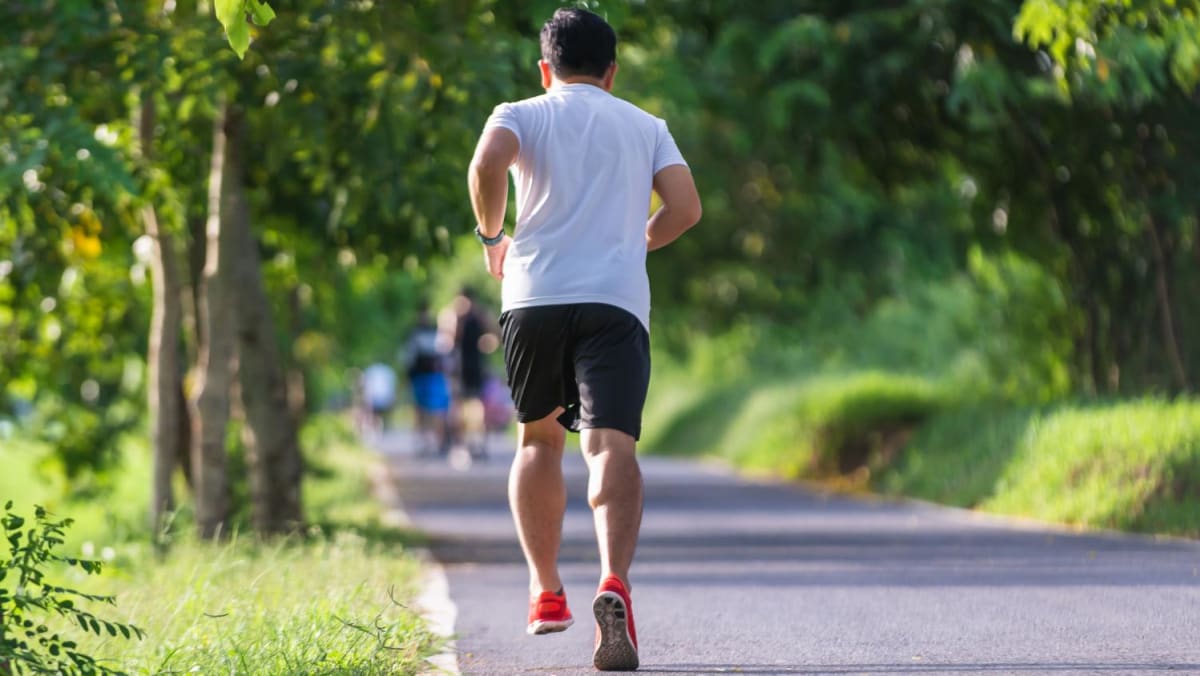Using data from the surveys and the British National Health Service’s Central Death Register, the authors then compared how many in each category had died during the study.
Weekend athletes had a 30% lower risk of premature death from all causes compared to inactive people. The risk of death from cardiovascular disease was also about 40 percent lower, while the risk of death from all cancers was about 18 percent lower compared to those who were inactive.
Of course, regularly active people had the best overall health and had a 5 percent lower risk of premature death from any cause compared to weekend warriors. This finding is consistent with previous research, which suggests that the more you exercise, the more beneficial it is for your health.
But this is only true up to a point: Research shows that doing more than five times the minimum recommended weekly activity (the equivalent of about 12.5 hours of moderate exercise, or just over six hours of vigorous activity) has no Additional benefits.
THE RISK OF “UNTRAINING”
It is well known that exercise improves our cardiorespiratory fitness, which is important to ensure our heart and lungs work effectively. Not only does this allow us to exercise longer and with greater intensity, but it also improves other aspects of our health, such as lowering blood pressure.
This is also probably why research shows that people who exercise regularly have a lower risk of premature death from any cause. Exercise also lowers body fat and reduces inflammation, which may explain why physical activity lowers the risk of death from cancer.
But research shows that how often you exercise is also important for improving and maintaining fitness. In fact, as little as 72 hours between workouts is enough for “detraining” to occur. This refers to the partial or complete loss of training adaptations (such as better cardiovascular function) that occurs when we stop exercising.
.
